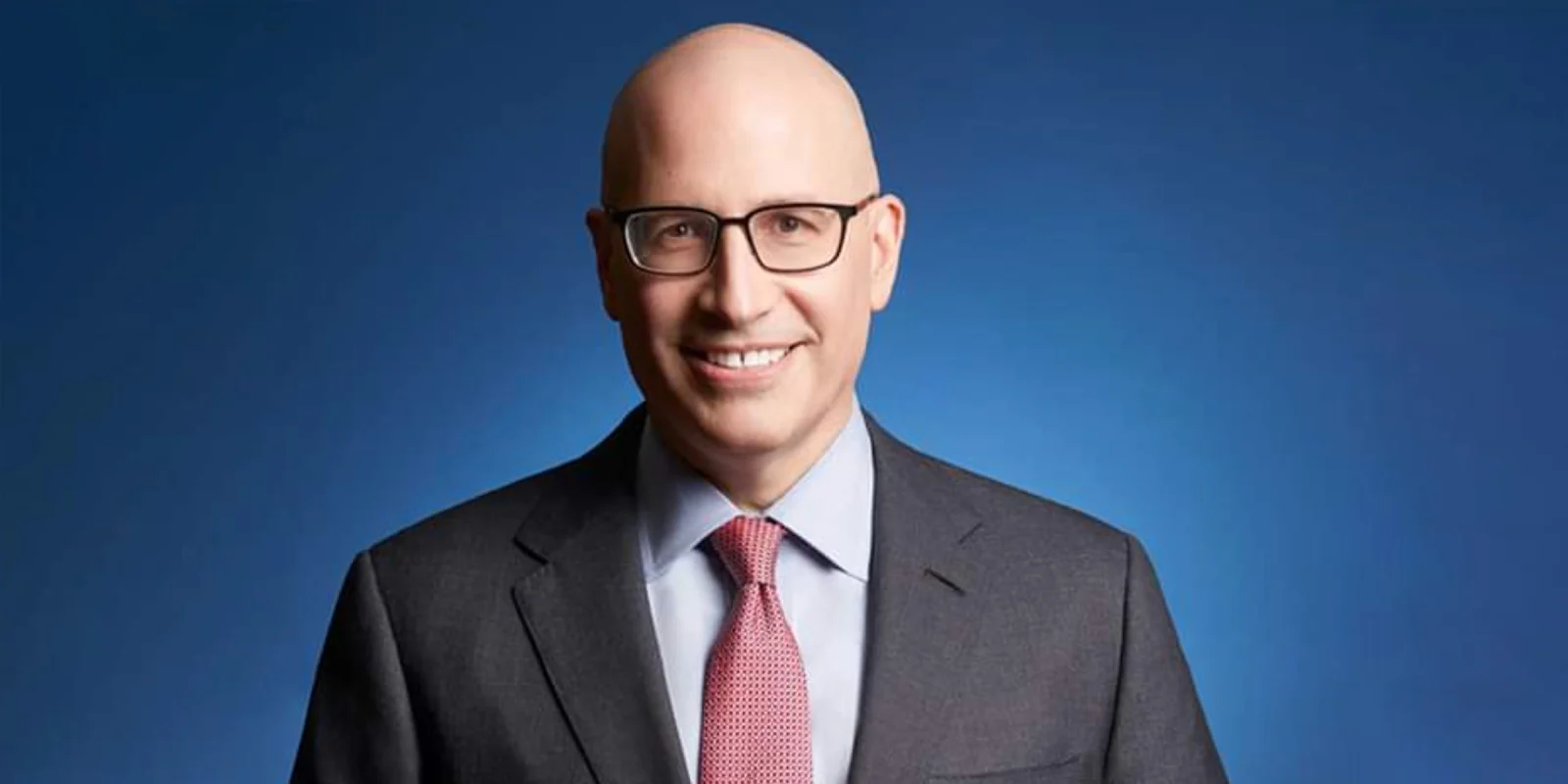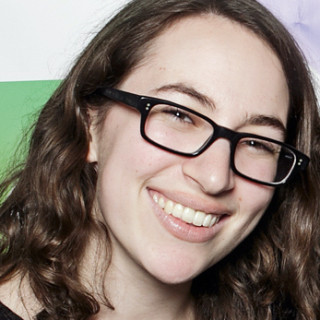A member of the Mount Sinai community since residency, Jeremy Boal, MD, has helped see the health system through numerous developments, from the COVID pandemic that wreaked havoc on New York City to the implementation of a partnership with the government of Guyana and Hess Corporation. For Dr. Boal, executive VP/chief clinical officer at the Mount Sinai Health System and President of Mount Sinai Beth Israel and Downtown, the key to helming an organization he describes as in “really good shape” is to lean on habits developed during his clinical days: consider various perspectives, think in terms of odds and risks and benefits, and, most importantly, strive for constant self-reflection and personal growth.
It’s this last point that Dr. Boal credits as the secret to his success as a health care administrator: Earlier in his career, he explained, he was “more judgmental of people, more critical, [not] as quick to assume good intent.” Over time, he learned that not only were his assumptions inaccurate, they were hindering his ability to effectively serve his organization.
Today, his approach is much more self-reflexive: “Whenever things aren’t going the way that I think they should be going, rather than looking externally, I’ve learned to ask myself, ‘Well, what am I doing or not doing, what are the signals I’m sending or not sending, that are getting in the way of us being successful in whatever this outcome is that we’re trying to drive,’” he said. “By far our most powerful tool that we have as leaders,” he added, “is our own behavior.”
Such deliberate self-examination is, perhaps unsurprisingly, the cornerstone of Dr. Boal’s approach to delivering quality care. He and his Mount Sinai colleagues regularly solicit patient feedback, cognizant of the fact that while “individuals in the system are doing really great work and working as hard as they can and are well-trained … it's not necessarily the case that the care is as high quality or as safe as it could be because the system might not be really properly designed and organized to deliver the best outcomes.”
This drive toward constant improvement can ruffle feathers, Dr. Boal acknowledged: “It can be a challenge to help organizations and people appreciate that there's an opportunity to do even better.” And yet, the work is crucial: Helping leaders to “feel safe experimenting” is what enables institutions to “set and work toward much higher standards of care and caring,” he said.
Such doggedness in approach, as well as such receptivity to criticism, can perhaps be attributed to Dr. Boal’s identity as a New Yorker. “I love that New Yorkers are really willing to be honest about what they're unhappy about and what their expectations are,” he shared. “And I'd rather know those things so that we can do something about it than pretend that everything is great. So as a New Yorker, I welcome the feedback … and candor.”
In addition, Dr. Boal’s position as a Manhattanite enables him to remain conscious of and sensitive to the city’s legacy of income inequality and structural racism. Regarding the importance of maintaining awareness, Dr. Boal said, “The more insight we have into those things, the more able we are to try to do something about it and to try to create a more equitable system. … A big part of how I think about our responsibility [at Mount Sinai] is asking [the question:] ‘How do we best serve our communities?’ Being a part of that [community] is very useful.”
Dr. Boal’s interest in community-level work has a long history. As a resident at Mount Sinai Hospital, he became curious about why those patients who needed the most care were struggling to receive it. He and his co-residents began to visit patients in their homes, which enabled them to gain insight into inefficacies at the system level. Following this experience, Dr. Boal helped to co-found and run a program for homebound people in New York City, the Mount Sinai Visiting Doctors Program. While leading the program, Dr. Boal learned to appreciate questions around system design — “How do you design better systems for patients, how do you design it around the patient and family, rather than designing it around the doctor and the hospital?” — which he credits with giving him the “bug for health care administration.”
Nevertheless, the work is not for the faint of heart: “I think it just comes with the territory that if we're gonna choose these paths, we have to be ready for it to be hard,” Dr. Boal explained. Such resilience was recently put to the test: Only seven years out from the merger of The Mount Sinai Medical Center and Continuum Health Partners, Mount Sinai was still “feeling our way to becoming a system” when the COVID pandemic hit. The urgency of the situation meant that the system’s typical slow, consensus-based decision-making process needed to be reconsidered. As an alternative, Dr. Boal said, “Everybody just had to drop their guard and trust each other and really spread out decision-making authority, and give everybody the space to just do what needed to get done, because we didn't have a minute to spare.”
The experience was a transformative one for Mount Sinai: “We grew up as an organization as a result,” Dr. Boal shared. From his perspective, the pandemic gave rise to a new level of innovation and collaboration: “We came out so much more aligned, so much more committed to the mission as a system, so much more trusting of each other, so much more willing to really hear each other and and focus on what matters rather than the stuff that tends to get in the way. I wouldn't wish the pandemic on anybody, but it did serve us in terms of becoming a much more mature and evolved health system.”
A year or so out from the pandemic, Dr. Boal has been able to shift his focus to dynamic new initiatives. At present, he shared, Mount Sinai is “doing a lot of work around being the best possible partner” to employers and unions looking to potentially directly contract with health systems. Such work involves helping to control health care cost increases, which “frees up those dollars for other uses, like other benefits, pension, [and] salary. For employers and unions in particular, it's a big issue and we want to be a really good partner.”
In addition, Dr. Boal has recently been active in the aforementioned partnership between Mount Sinai and the government of Guyana and the Hess Corporation. “We're basically partnering to really advise the government on how to improve health outcomes for every single citizen of Guyana,” he explained. The chance he’s had to make semi-regular visits to the country as part of the partnership has been, he said, “really rewarding."
The rich variety of experiences above has brought Dr. Boal valuable insight into what’s needed to make a successful switch from clinician to administrator. The key to making an impact, he said, is to “expand one’s skillset beyond clinical care to … managing coalitions and understanding the economics of health care and how the insurance system works and how the regulatory environment works.” Such dedicated skill-building can enable clinicians to “really influence the system and do a much better job of serving the mission.”
As for whether the work is worth it on a personal level, Dr. Boal was unequivocal on the matter.
“I think there's a tremendous opportunity to find personal and professional growth in administrative roles in health care,” he said. “I have never had a regret about choosing this path. I've never been bored, not for a second. Every day the work is challenging, and every day I feel like you can really make a difference.”
Image by Mount Sinai







